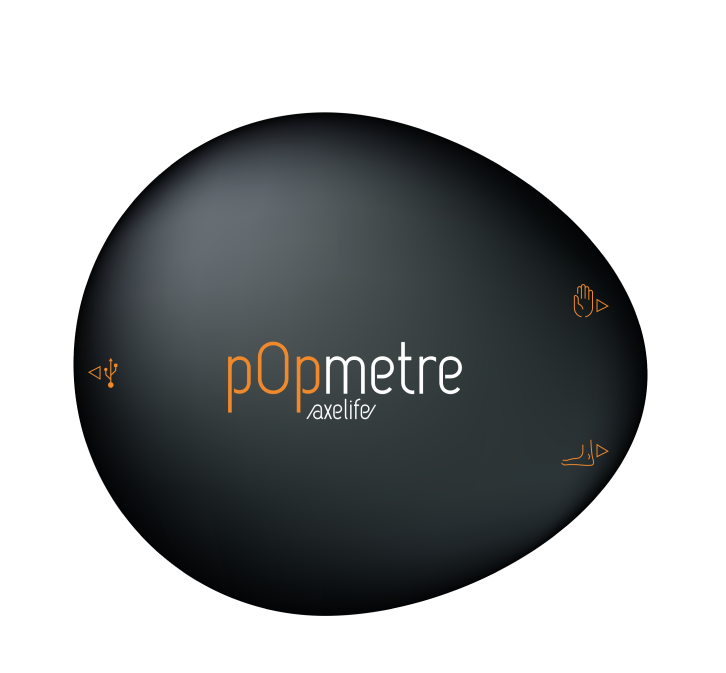The Importance of Cardiovascular Prevention in the Future: The Role of Homecare
Cardiovascular prevention is entering a new era, with homecare playing a pivotal role in delivering personalized and accessible monitoring.
Homecare and Technology: Continuous Cardiovascular Monitoring
As cardiovascular diseases remain the leading cause of death globally, the future of cardiovascular prevention increasingly emphasizes homecare and remote monitoring. Advances in technology, such as wearable devices and telemedicine, are making it easier for individuals to track their cardiovascular health from home. These tools allow for continuous monitoring of key health metrics, such as blood pressure, heart rate, and pulse wave velocity (PWV), enabling earlier detection of risks and improving long-term disease management.
Reducing Hospitalizations and Enabling Patient Self-Management
Homecare solutions provide a more proactive approach to prevention, reducing the burden on healthcare systems by allowing patients to manage their conditions more independently. Remote monitoring can detect subtle changes in health before they escalate into serious problems, prompting early intervention and reducing hospitalizations. This is particularly valuable for high-risk individuals or those with chronic conditions, who benefit from frequent monitoring but may not require constant in-person visits.
Toward a Future of Personalized, Connected Cardiovascular Care
The future of cardiovascular care will likely see a shift toward personalized, home-based prevention strategies, supported by digital health technologies. This shift will empower patients to take control of their health while improving access to care and reducing healthcare costs. Cardiovascular prevention at home, combined with regular medical consultations, offers a promising solution for reducing the global burden of heart disease.
